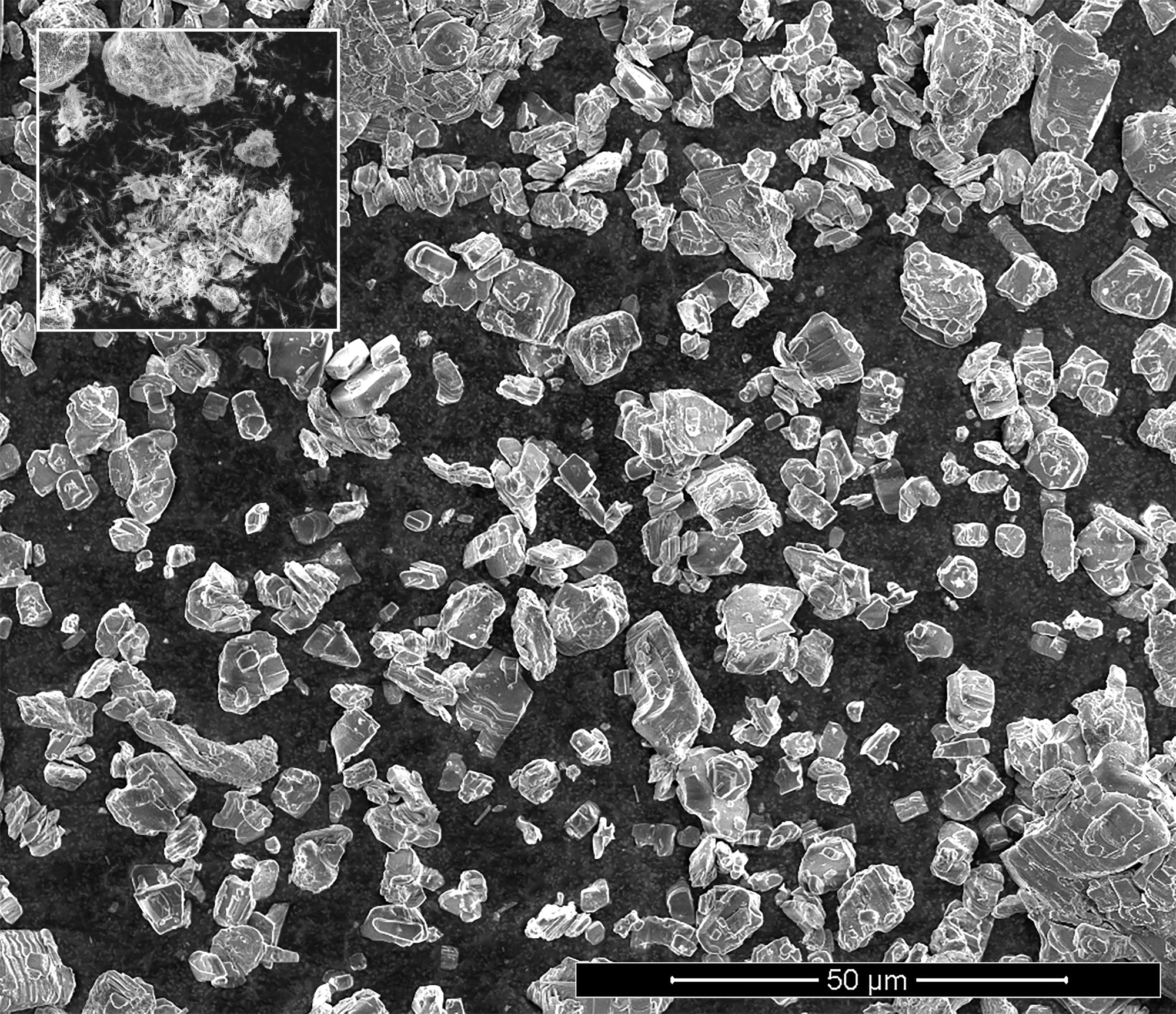
Client:
Catal International Ltd
The challenge:
Catal produce catalysts for industrial applications and are currently developing porous catalyst systems, incorporating Potassium Titanate, for application in Municipal Solid Waste conversion processes.
Potassium Titanate has the potential to crystallise in needle and fibrous forms during manufacture producing occupational health concerns for catalyst production. Fibre form mineral powders have been recognised as promoting lung disorders and lung damage if inhaled. Current HSE regulations place strict limits on raw material fibre content and inhalation levels of fibrous material in the workplace, meaning that all raw materials should be fibre free where possible.
Catal were looking to develop and manufacture an advanced catalyst system and product range incorporating Potassium Titanate, which had to be shown to be free from fibres. To meet the objective Catal initiated a development program to examine the parameters of crystallisation and the control of these parameters in production. The company required to examine the morphology of Potassium Titanate samples produced during the above development program using high magnification microscopy. The company approached The University of Sheffield to access our high-performance equipment and facilities.

What we did
The University of Sheffield provided Catal with access to chemical and Scanning Electron Microscopy (SEM) analysis facilities. This allowed the company to assess the product and to visually define the nature of the Potassium Titanate crystal structure in shape and size. Additionally, the SEM analysis allowed Catal to correlate pilot plant sized batch productions with heat treatment procedures.
The results
Based on the SEM analytical results Catal are now in a much stronger position to develop their catalyst products based on Potassium Titanate. Through the partnership with the Sheffield Innovation Programme, they have been able to produce fibre free Potassium Titanate powders in the laboratory and to understand some of the many, varied, processes controlling the crystal growth and shape.
The initial data suggests that the new manufacturing process was a success and Catal are now working on scaling up production quantities to a commercial level.
